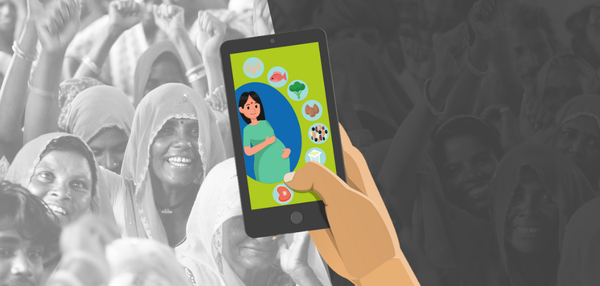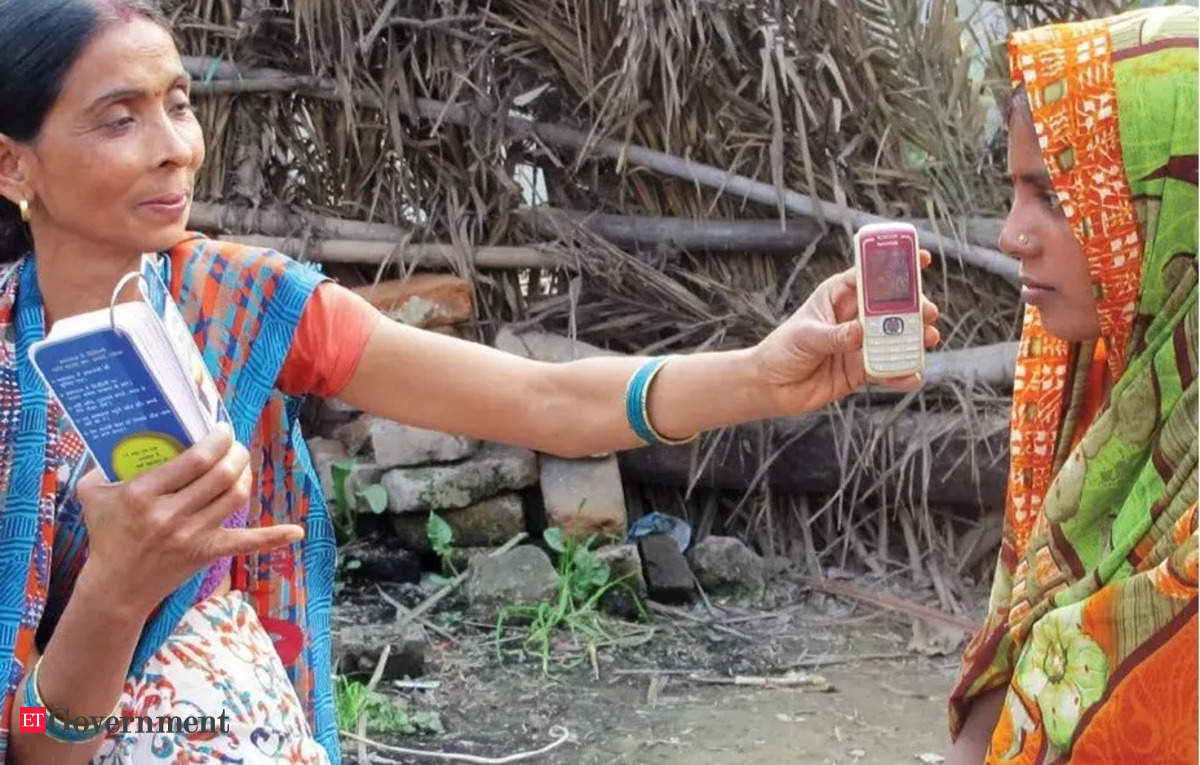
Kilkari Program
Mobile-based service for new and expectant mothers, to educate them about pregnancy, childbirth, and childcare
In an era where technology and healthcare converge to enhance health outcomes, the Kilkari program stands out as a beacon of innovation and inclusivity in public health.
The Kilkari program is a mobile-based service launched on 15th January, 2016 as a part of its Digital India initiative, for new and expectant mothers aimed at directly to the beneficiaries.
Launched on January 15, 2016, as part of the Digital India initiative, Kilkari leverages mobile technology to deliver vital health information directly to new and expectant mothers.
- Encouraging them to make healthier choices for their new-born care by delivering messages about pregnancy, childbirth and childcare.
- Marking a significant step towards improving maternal and child health in India.
Overview of Kilkari
- Kilkari, which translates to "a baby's gurgle" in Hindi, is a centralized, interactive voice response (IVR) based mobile health service.
- It provides free, weekly, and time-appropriate audio messages about pregnancy, childbirth, and childcare directly to families' mobile phones from the second trimester of pregnancy until the child is one year old.
- It reminds and reinforces prioritized actions for each week.
- The program informs mothers and families about behaviours and practices to be followed during pregnancy and infancy.
This action not only saves lives of pregnant women and children from several risks but also ensures a healthy outcome.

How Kilkari Works
The Kilkari program is ingeniously simple yet profoundly impactful.
- Women who are registered on the Reproductive Child Health (RCH) portal, based on their last menstrual period (LMP) or their child's date of birth (DoB), receive a weekly call with pre-recorded audio content.
- This content is delivered directly to the mobile phones of pregnant women and mothers with children under the age of one year.
- It features the voice of a fictitious doctor character named Dr. Anita.
- These messages cover a wide range of topics, including:
- Nutritional advice
- Immunization schedules
- Other key aspects of reproductive, maternal, neonatal, and child health
We can't clear UPSC for you.
But with our personalised mentor support, you'll be ready to do it yourself.
Impact and Reach
Since its inception, Kilkari has made a substantial impact on public health in India.
- In 2022-23 alone, over 7.71 crore calls were made to provide audio messages, a significant increase from 4.75 crore calls in 2021-22.
- The Kilkari Project serves 18 States/UTs, namely —
- Assam, Bihar, Chhattisgarh, Chandigarh, Delhi, Haryana, Himachal Pradesh, Jharkhand, Madhya Pradesh, Odisha, Rajasthan, Uttar Pradesh, Uttarakhand, West Bengal, Jammu & Kashmir, Tripura, Andhra Pradesh and Andaman & Nicobar Islands.
Recently, on 07th February, 2024, the Kilkari Project has been launched in two additional States namely, Maharashtra and Gujarat.
This widespread reach underscores the program's effectiveness in disseminating critical health information to a broad audience, particularly in areas where access to healthcare services and information may be limited.
- The weekly messages serve not only to educate but also to remind and reinforce prioritized actions for each week.
- This helps to save the lives of pregnant women and children from various risks and ensures healthy outcomes.
The program is centrally hosted by the Union Health Ministry for all states and Union Territories.
- It requires no further investment in technology, telephony infrastructure, or operational costs from them, making it a cost-effective solution for public health challenges.
Complementing the Work of Health Workers
- Kilkari also plays a crucial role in complementing the efforts of Accredited Social Health Activists (ASHAs) by mobilizing beneficiaries to access health services and reducing the burden on these vital community health workers.
- The continued support provided by Kilkari to families has led to significant changes in behaviors and improved service utilization, showcasing the program's effectiveness in enhancing public health outreach and education.
Adaptability During the Pandemic
The COVID-19 pandemic highlighted the importance of adaptable and resilient healthcare delivery mechanisms.
- Offered a safe and effective way to continue health education.
- Promote healthcare-seeking behavior among its target audience.
Kilkari proved invaluable during this period despite the challenges posed by physical distancing and lockdown measures.
Conclusion
The Kilkari program represents a pioneering approach to using mobile technology for public health improvement.
- By delivering timely and relevant health information directly to those who need it most, Kilkari is helping to bridge the gap between healthcare services and communities, contributing to the well-being of mothers and children across India.
As the program continues to expand and evolve, it stands as a testament to the potential of digital health initiatives to transform lives and foster a healthier future for all.
Previous Post